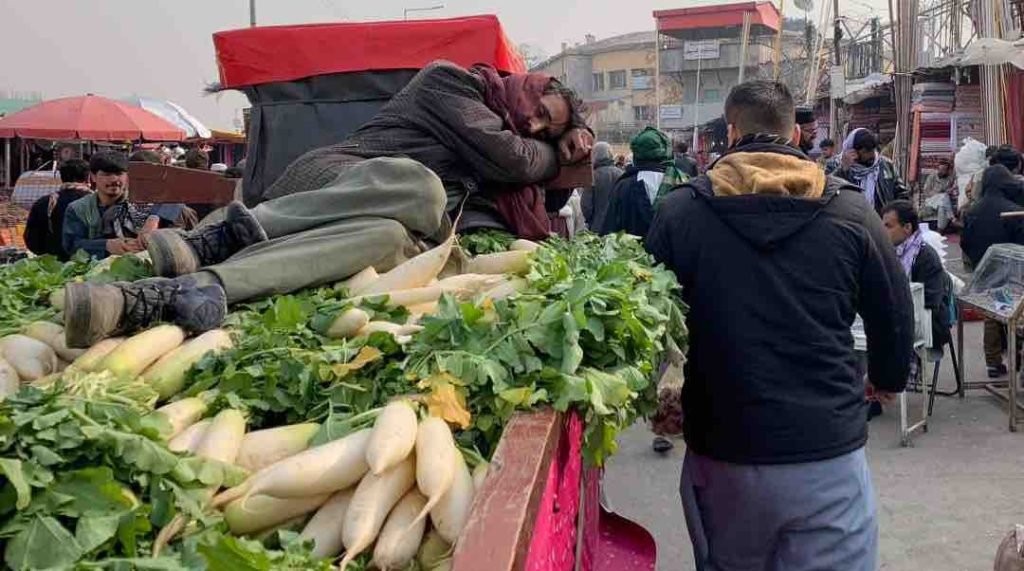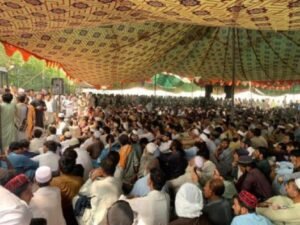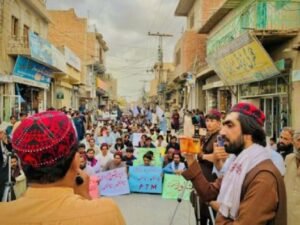Escalating Poverty Grips in Afghanistan: A Bleak Reality

Photo for ADN, Kabul 2023
By Ilhamuddin Afghan
Afghanistan’s economic downturn, which predates the Taliban’s assumption of power, took a sharp turn for the worse in the months following the August 2021 takeover.
With international aid halted and reduced, the country’s central bank isolated from the global banking system, and billions of dollars in reserves frozen by the U.S., the Afghan economy faced severe challenges.
As international projects ground to a halt, tens of thousands of Afghans found themselves unemployed, leading to the erosion of livelihoods, economic setbacks, and a distressing surge in poverty.
An alarming Gallup survey reveals that over eighty percent of Afghans perceive a progressive deterioration in the country’s situation.
“In the two years of the Taliban’s rule over Afghanistan, the country has experienced an increased level of poverty, presenting a significant disaster for the Afghan population,” economic analyst Mohammad Aslam Shirzai said.
Those who have lost their jobs in recent years express the unbearable nature of their economic plight.
“My economic situation is very dire, and it will worsen with each passing day unless job opportunities are found,” Shamshad a resident of the eastern city of Jalalabad said.
Experts argue that reduced aid from donors to Afghanistan’s health, education, and various sectors has plunged millions into extreme poverty. Economic conditions in rural areas are considered even more dire than in urban centers.
Business experts stress the importance of the Taliban leadership acknowledging the negative effects of banking system problems on the economy. Afghanistan shares characteristics typical of less affluent nations, including a low-income level, insufficient human resources, and a scarcity of economic resources.
A report from the International Organization Save the Children warns that by the beginning of 2024, one out of every three children in Afghanistan will face hunger due to a food crisis. Approximately 16 million individuals are anticipated to experience severe food insecurity by March 2024, with over 7 million of them being children.
Multiple Afghan citizens have shared stories with the media, shedding light on the hardships their families endure due to the challenging economic situation. Reports from various agencies, including the United Nations Office for the Coordination of Humanitarian Affairs (OCHA), underscore economic losses and the growing specter of poverty.
“I barely earn 250 Afghani even if I work all day long. With ten family members, this amount is insufficient for food, medicine, or other essentials,” Hizbollah, a resident of Kabul city working as a shoe polisher said.
Economic affairs expert Mohammad Khan Seyal attributes the poverty of Afghans to the Taliban’s non-acceptance of international demands.
“The non-recognition of the Taliban government by the international community, coupled with the freezing of Afghanistan’s assets, has resulted in widespread poverty. Additionally, sanctions imposed by the international community on the Taliban have further worsened the already dire economic conditions,” Seyal said.
Despite the challenging circumstances, the Taliban’s responsibility to provide services and implement plans for economic empowerment remains questionable, as evident by the lack of tangible programs and a seeming absence of accountability. The alarming rise in poverty necessitates urgent attention and comprehensive strategies for the betterment of Afghan lives.
Ilhamuddin Afghan is a university professor based in Afghanistan.
Note: The contents of the article are of sole responsibility of the author. Afghan Diaspora Network will not be responsible for any inaccurate or incorrect statement in the articles.






